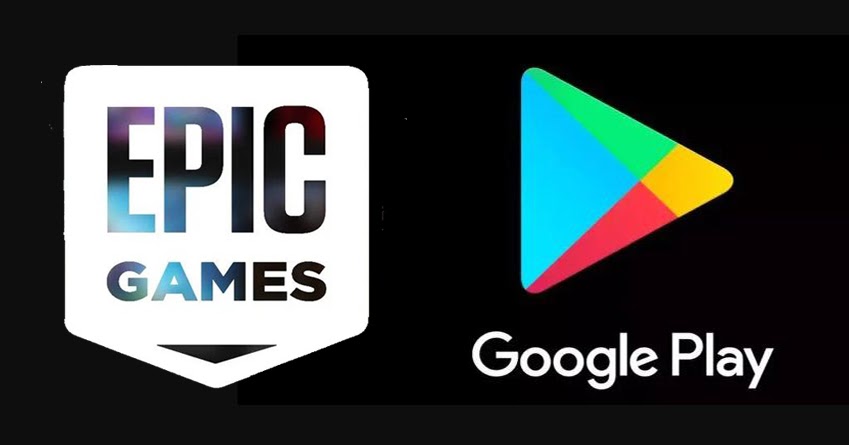Google is countersuing Match Group for violating its Play policies and contract terms, in response to Match Group’s lawsuit filed in May, against the tech giant for allegedly monopolising the billing procedures.
The tech giant is countersuing the dating service provider for failing to abide by its billing policy, which imposes a 15% fee on the first US$1 million in the yearly income generated from the app store by US developers, which includes Match Group apps.
Google claims that Match Group broke the contract regulation, giving them an advantage over other app developers that uphold their commitments and fairly compensate them for the benefits they obtain.
In addition to undisclosed monetary damages, Google is suing Match Group for the right to permanently remove the dating-app service from the Play Store.
Read Also: Google to merge Google Meet and Duo into one single app
The Match Group Inc. play
In May, Match Group sued Google over a number of its app store policies, including its in-app payment policies and its marketplace fees. And when Google responded, it said Match Group was simply trying to get out of paying for the services Google provides as part of its platform.
But, before then, one of the Match Group apps, Tinder, with over 75 million users worldwide, withdrew the Google Play store payment from its Android app in 2019. This allowed users subscribe to their premium services straight from the app, eliminating Play Store’s connection and decreasing the tech giant’s share.


This was in protest of the said high percentages taken by Google.
As of 2018, Tinder was on the top-ten list of non-gaming money-making apps on the Play Store, with the app earning a record $275 million. From January 2012 to August 2018, Tinder made more money from the Play Store than Netflix, Pandora, and HBO Now.
Before the withdrawal in 2019, recurring subscription payments for Tinder would process through the Play Store, and Google earned a percentage. Now, Google does not have access to that income.
Match Group has been a vocal critic of Google in Congress, where some lawmakers have proposed legislation to force Apple and Google to compete with rival app stores and to allow “sideloading,” or the ability for users to install apps from non-official sources.
Apple has warned that the legislation could endanger users by opening iOS devices to software the company cannot assess for security. Google’s Android operating system already supports sideloading.
Google vs Epic Games; a similar case


Although the outcome of this legal proceeding is unknown, it is probable that Match Group will face more legal action from the tech giant.
In 2021, all Epic Games apps were taken down from Play Store as a result of a similar contract infringement between Epic Games and Google.
Fortunately for Epic Games, customers didn’t delete the app after its removal from the Play Store, as users, who had already downloaded the app, could still use a version of it, allowing Epic Games to profit from the IAPs generated by it.
Since Epic Games was not paying the 30% charge despite ‘unfairly benefiting’ at the expense of Google services, this was another contract violation, as the tech giant sought restitution for the money lost.
Past event
On May 20, Match Group withdrew its request for a temporary restraining order against Google, after Google made various concessions that Match Group demanded. Those include guaranteeing that Match Group apps will still be allowed to offer users choice in payment systems, lessening the undue burden on developers by its previously stated policy, and eliminating Google’s complete control over user data. In exchange for withdrawing the temporary restraining order, Google conceded the following:
- Match Group apps will not be rejected or removed from the Google Play Store because they offer alternatives to Google Play Billing.
- Google will approve Match Group app updates that offer alternatives to Google Play Billing, continuing to provide users with the choice and optionality they’ve grown accustomed to.
- Google will work – in good faith – to fix the deficiencies of Google Play Billing. When Google addresses these problems, Match Group apps that currently do not offer Google Play Billing will – in good faith – test Google’s system on their platforms, alongside current payment systems.
But, the countersue by Google is an attempt to seek unspecified monetary damages from Match Group and a judgment that would allow it kick the dating-app service out of the Play Store permanently.
If that happens, and Android users cannot use part or the whole of Match Group’s apps, the company may have to look for an alternative that will definitely not be as popular and reliable as Play Store, and interest may wane over time as a result of this.
Match Group, Inc. (NASDAQ: MTCH), owns Tinder, Match, Hinge, Meetic, OkCupid, Pairs, PlentyOfFish, OurTime, Azar, Hakuna Live, and more, each built to increase our users’ likelihood of connecting with others.
If connectivity is the goal, how about ensuring that users do not go back to seek alternatives that are not as good?






